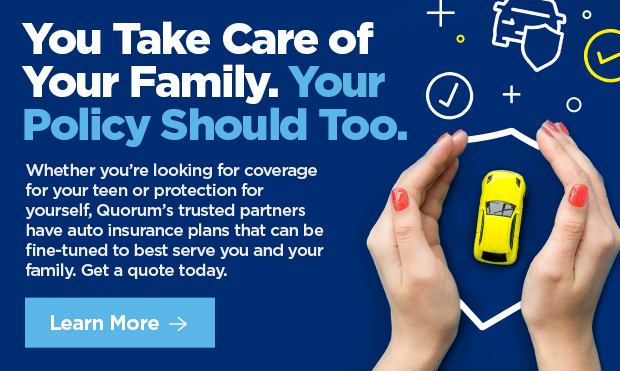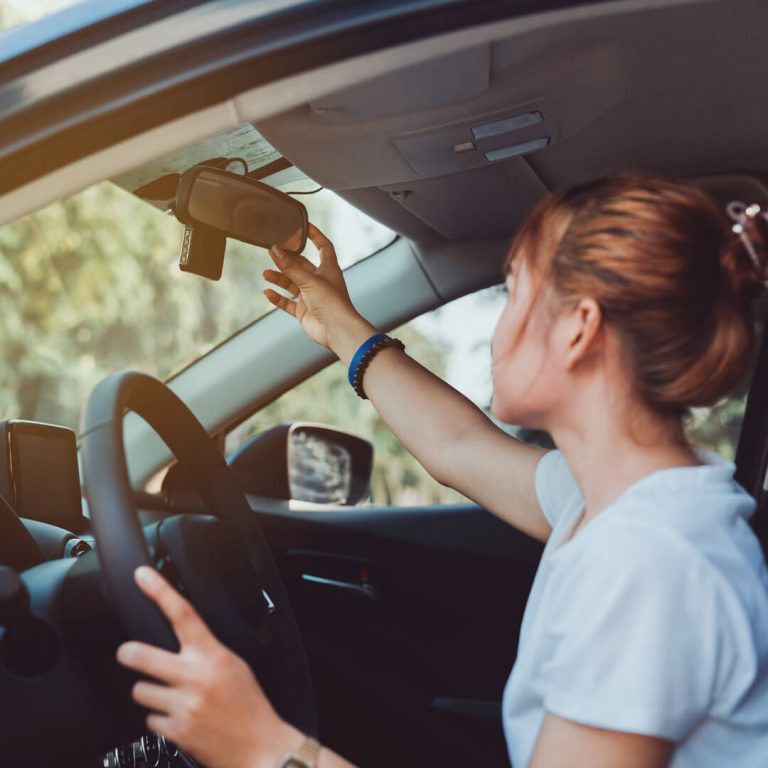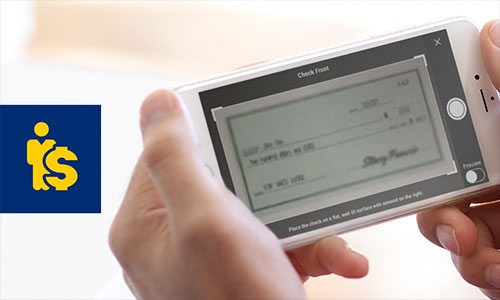In 2020, the average annual car insurance premium was $1,202, according to AAA.
Although certain factors that affect your car insurance premium are out of your control (for instance, your age, gender, marital status, city, zip code, annual mileage and coverage requirements in your state), there are still ways to actively lower your premium. If you can afford to pay more out of pocket when you file a claim, consider raising your deductible. Or if you drive an older car that’s not worth very much, think about reducing or eliminating your collision and comprehensive coverage because you’re likely paying more money for it than you’d get back if your car is damaged in an accident or by some other means. In addition, adopting these eight smart habits can help lower your car insurance premium.
1. Keep a Clean Driving Record… and a Good Report Card!
The next time you’re tempted to speed or run a stop sign, consider this: Drivers who pose the least risk to insurance companies enjoy lower car insurance premiums. Not only can reckless driving result in expensive traffic tickets, but it also increases the risk of costly car accidents, both of which drive up your car insurance premium.
Many insurance companies have even started specific programs to reward discounts to safe drivers, which, through an app or a plug-in device, allow you to keep track of how you’re driving every time you get behind the wheel. Others offer discounts for going a certain period without any accidents, for completing a defensive driving course, or even for students who make good grades. Ask you insurance provider what discount programs they offer!
2. Stay Focused on the Road.
The dangers of driving while under the influence of alcohol or drugs or engaging in other illegal activity, such as texting or making hand-held phone calls, has been ingrained in most of us through television commercials, road signage, and school lessons, but there are many other distractions in your car that, if done, can lead to similarly disastrous results:
- Making hands-free phone calls
- Programming your navigation or infotainment system
- Putting on makeup
- Eating a snack or meal
- Reaching for something underneath, beside or behind you
More than 700 people are injured because of distracted driving. Anything that distracts you while driving—even if just for a second or two—can result in a crash (and higher premiums). Even if you always obey the speed limit, remember that ‘distracted driving’ makes you a risky driver because it can lead to more accidents and traffic tickets, both of which can cause your premiumto go up.
3. Park in the Best Spot.
Where you park can be another factor that can affect your car insurance premium. Some insurance companies give preference to drivers who park in a secure garage when at home or work because it can reduce the risk of theft, vandalism or severe weather. Anytime you do park outside, opt for well-lit, safe areas rather than riskier spots like a dark alley, highly congested street or right beside a dead tree. This will help minimize your need to file a claim, which in turn helps keep your premium low.
4. Get an Anti-Theft Device.
Don’t forget about things that can deter car theft or vandalism. As Car and Driver explains, some insurance companies offer discounts if you install an anti-theft device on your car because it potentially lowers their cost to cover you. This includes things like audible alarms, GPS trackers, vehicle recovery systems and brake or steering wheel locks.
5. Improve Your Credit Score.
Being a safe, focused driver and protecting your parked car aren’t the only ways to lower your car insurance premium. Insurers also take a good, hard look at your credit score in deciding whether to insure you and at what rate. In fact, U.S. News & World Report notes that having poor credit can increase your premium by as much as 88%, far more than having one accident (6%), getting a speeding ticket (12%) or even being charged with a DUI (59%). This is just one more reason to improve your credit score in addition to making it easier to qualify for a loan.
6. Choose Your Car Wisely.
The type of car you drive can also affect the cost of your car insurance. If you’re in the market to buy or sell a car, consider some of the automobile factors that drive up premiums:
- Luxury vehicles that are expensive to repair or replace
- Sporty cars or those with powerful engines that tempt drivers to speed
- Models or makes with poor safety records or popularity among thieves that indicate more risk
- Vehicles with a reputation for being difficult or expensive to repair
- Small or large cars, which can sustain or cause more damage in a crash
7. Shop Around for Car Insurance.
Rather than assume you’re getting the best deal and automatically renewing your car insurance policy, it pays to shop around once a year. Start by talking with your current insurance company and asking if you qualify for any additional discounts or might be eligible for a lower premium based on your safe driving record and good financial habits. Next, request a quote from other companies to see if they can offer you a lower premium.
8. Bundle Your Insurance Policies.
Last but not least, when you’re shopping around, find out what kind of discount you might qualify for if you choose one insurance company for all your insurance needs, including auto, homeowners, boat and motorcycle coverage.
Editor’s note: Quorum is not affiliated with any of the companies mentioned in this article and derives no benefit from these businesses for placement in this article.






Driving safely and more responsibly can help you lower your auto insurance costs and this article gives great insight into why! Thank you for sharing this!